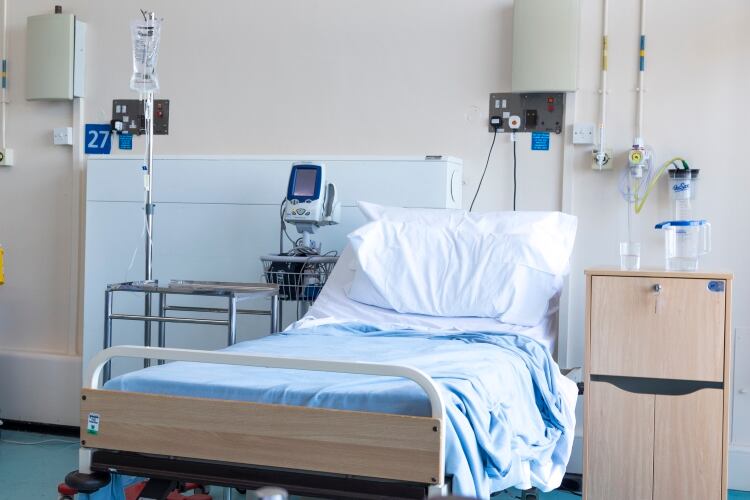Beginning with a research project in Italy, over the coming weeks further clinician-initiated research projects in 16 countries around the world will be supported by Nutricia with grants totaling approximately €1m ($1.1m).
Nutricia said it is also supporting healthcare organizations in different countries through the donation of medical nutrition products enriched with calories and proteins, designed to help patients recovering from a serious illness, such as COVID-19, and regain lost weight and strength.
The symptoms, characteristics and treatment options of the COVID-19 disease are becoming increasingly understood as the global pandemic progresses; but the rehabilitation requirements for those who have overcome severe COVID-19 infections in ICU are not yet as widely known. The average duration of stay in ICUs (in the US and Europe) is generally two days. However, critically ill COVID-19 patients may be admitted to ICUs for as long as two weeks.
ICU patients can lose as much as a kilogram of muscle mass per day, and so an elongated stay can result in severe depletion of muscle mass, strength and resilience. Loss of lean body mass can lead to significant effects, including impaired immune function, overall weakness, development of wounds and /or pressure ulcers and even increased mortality rates.
Currently there is limited specific guidance on nutritional care after hospital discharge to address the needs of recovering COVID-19 patients.
Dr Riccardo Caccialanza, head of dietetics and the clinical nutrition unit at the IRCCS Policlinico San Matteo Foundation, in Pavia, Italy, is one of the first medical experts globally to begin research into the impact of nutrition and physical exercise in regaining functional ability and improving quality of life as patients start their recovery from COVID-19 at home.
Caccialanza, who has first-hand experience in overseeing the nutritional care for hospitalized COVID-19 patients, is now signalling the need to continue nutritional support as patients recover after hospital discharge.
He said, “In Italy so far we have seen the complications related to this loss of lean body mass can lead to lengthier patient recovery times – and this requires more resources from already stretched healthcare systems. There is a need for clinical guidance to optimize the recovery of patients and help them regain the ability to perform day-to-day tasks at home. Patients need to have the strength and energy to do those things that matter most to them.”
Patrick Kamphuis, senior medical affairs director at Nutricia, said as with many other severe illnesses, discharge from hospital after a COVID-19 infection is only the start of recovery; and unfortunately, the importance of adapted nutrition and exercise in the recovery process is often under estimated.
“Through these grants for independent research by healthcare professionals, and medical nutrition product donations to healthcare organizations, we hope to contribute to patient recovery from COVID-19 and support healthcare systems across the world in delivering better care outcomes,” Kamphuis said.
Nutricia’s COVID-19 support initiatives include ongoing education programs by and for healthcare professionals about the role of nutrition in patient care and recovery, as well as support resources for patients and carers.
The latest support initiative by Nutricia for healthcare professionals is in addition to local aid efforts initiated since the start of the COVID-19 pandemic. These have included donation of medical nutrition products or personal protective equipment to healthcare organizations in need of support.

